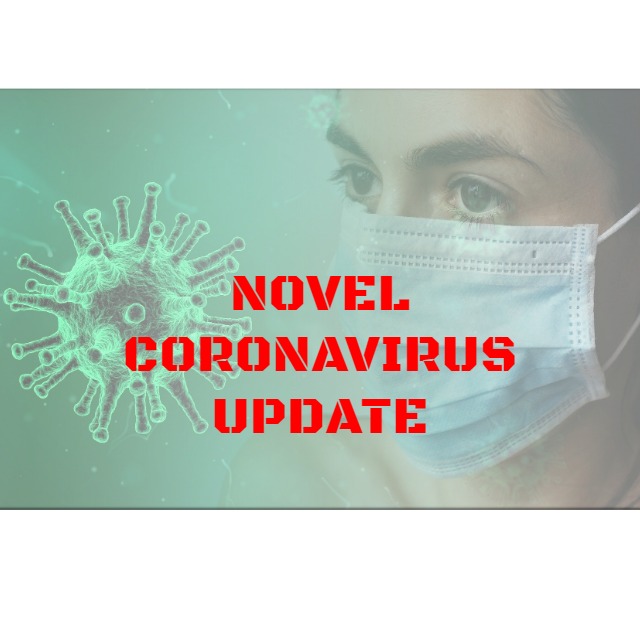Updated at 1:16 p.m.
The Minnesota Department of Health reported 230 new cases of COVID-19 across the state, and six newly reported deaths, bringing the cumulative total of COVID cases to 30,693 and 1,304 deaths.
Of those deaths, 1,034 were residents of long-term care or assisted living facilities. Of those positive cases, 3,198 were health care workers.
Approximately 422,922 COVid tests have been completed, and 254 were completed in the last 24-hours. On Friday, 1,031 tests were completed.
Today, there are 353 patients being treated in hospitals for COVID-19, and of those, 186 are in the ICU. This is the lowest number of ICU COVID patients since May 9.
By subtracting confirmed COVID deaths and the patients released from isolation, 26,609, from the state’s cumulative total, that leaves 2,790 active cases of COVID-19 across the state.
Locally, MDH reported one new case of COVID-19 in Itasca County.
Two new cases of COVID-19 were reported by MDH in Beltrami County over the weekend, bringing the county’s cumulative total to 23. Two new cases were reported by MDH in Clearwater County over the weekend, bringing the cumulative total there to five.
Beltrami County Public Health director Cynthia Borgen reports two cases were released from isolation over the weekend, and the county is currently monitoring three active cases, all of which are isolating at home.
Cass County has had 11 cases with two deaths, Hubbard County has had five cases, Itasca County has had 59 with 12 deaths, Koochiching has had nine cases, Mahnomen has had six cases with one death, and Roseau County has had six cases.
STATE GOVERNMENT
Gov. Tim Walz extended the peacetime state of emergency Friday, and according to the release, every other state in the country has declared such an order.
The order, according to Walz, allows the state to quickly respond to a developing situation in the COVID-19 pandemic. Fifty-four out of 55 such emergency declarations in U.S. states and territories are still in effect.
SCIENCE UPDATES
The Mayo Clinic in Rochester has launched a new SARS-CoV-2 neutralizing antibody test as they work to support the “Expanded Access Program for Convalescent Plasma.”
The new test measures the level of neutralizing antibodies against SARS-CoV-2, the virus that causes COVID-19. Neutralizing antibodies are a subset of antibodies able to independently inactivate viruses, and are associated with protective immunity against re-infection for many infectious pathogens.
“The neutralizing antibody test is a critical addition to our COVID-19 testing, expanding on the capabilities of the molecular tests used to diagnose active infection and the serology test, which indicates previous infection by identifying antibodies for the SARS-CoV-2 virus,” says William Morice, II, M.D., Ph.D., president of Mayo Clinic Laboratories.
“This new test provides us with incredibly important information about how effective a person’s antibodies are at neutralizing the virus. This will help us identify optimal convalescent plasma donors and ultimately help assess the efficacy of anti-SARS-CoV-2 vaccines.”
The neutralizing antibody test provides semi-quantitative detection of total neutralizing antibodies against the SARS-CoV-2 spike glycoprotein in human serum. The surface of the SARS-CoV-2 virus is coated with the spike glycoprotein, which binds to receptor proteins on the surface of healthy cells, leading to viral entry and infection throughout the body.
Following infection, most individuals will develop an immune response to the virus, including the production of neutralizing antibodies against the SARS-CoV-2 spike glycoprotein.
These antibodies can prevent future infection by blocking the binding activity of the spike glycoprotein. At this time, it is unknown for how long neutralizing antibodies persist following infection and what level of neutralizing antibodies are necessary to confer protective immunity, according to a release.
The SARS-CoV-2 neutralizing antibody test should not be used to diagnose SARS-CoV-2 infection. The test should only be ordered upon confirmation of prior infection by molecular and/or serological studies using clinically validated assays with high clinical specificity.




